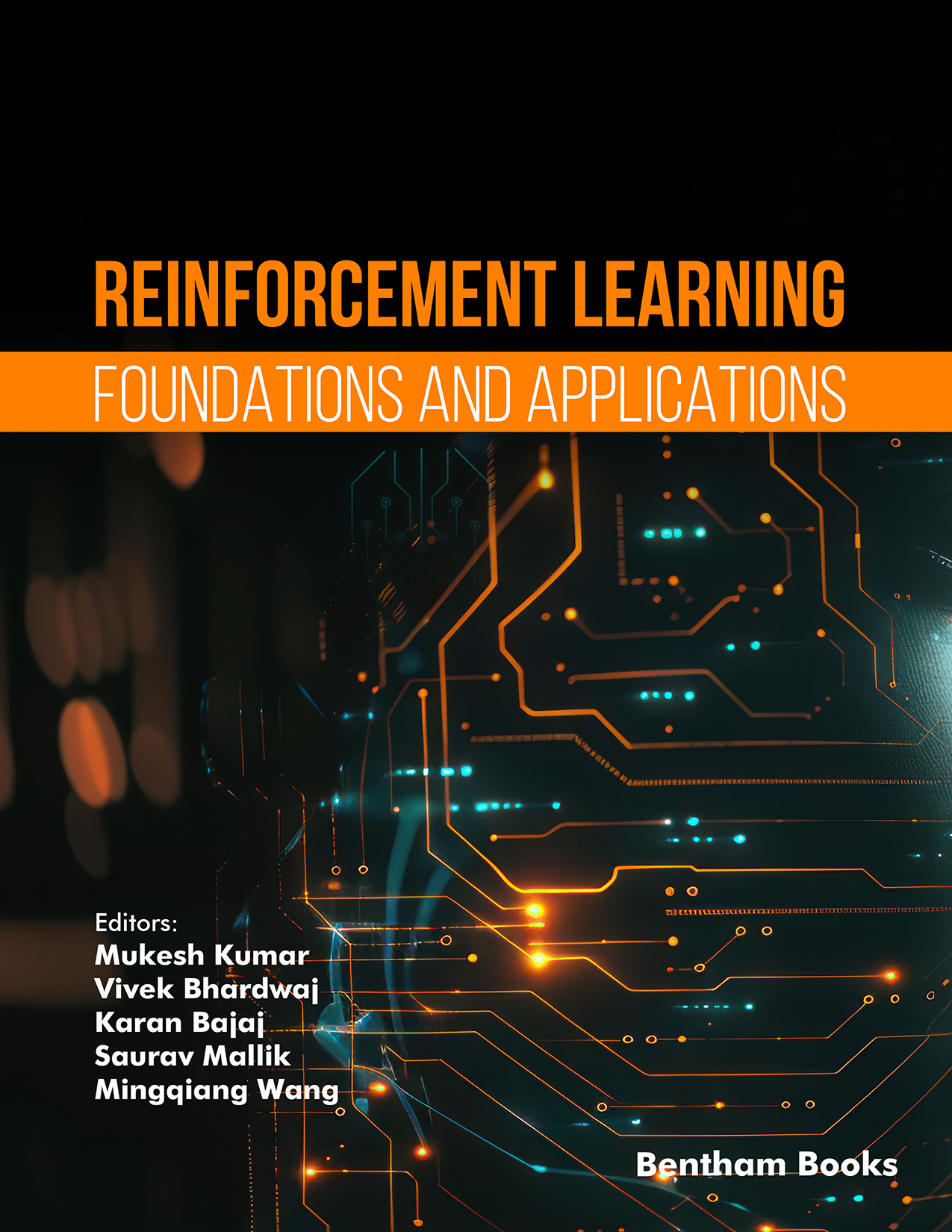Introduction
Reinforcement Learning: Foundations and Applications combines rigorous theory with real-world relevance to introduce readers to one of the most influential branches of modern Artificial Intelligence. Walking readers through the essential principles, algorithms, and techniques that define reinforcement learning (RL), the book highlights how RL enables intelligent systems to learn from interaction and optimize decision-making in domains such as robotics, autonomous control, game AI, finance, and healthcare.
The book opens with foundational RL concepts, including Markov Decision Processes, dynamic programming, and the exploration–exploitation dilemma. It then progresses to advanced material covering policy gradient methods, actor–critic architectures, deep reinforcement learning models, and multi-agent systems. Dedicated application chapters demonstrate how RL drives adaptive control, sequential decision-making, and practical problem-solving—supported by case studies, diagrams, and algorithm pseudocode.
Rich with examples, research insights, and implementation guidance, this book equips readers with both the conceptual understanding and applied perspective needed to master reinforcement learning.
Key Features:
- - Blends foundational RL theory with practical, application-driven case studies.
- - Explains both model-based and model-free reinforcement learning approaches.
- - Covers cutting-edge methods including Deep Q-Networks, continuous control, and reward shaping.
- - Presents clear diagrams, pseudocode, and implementation notes to support hands-on learning.
- - Highlights current challenges, limitations, and emerging research directions in RL.
Target Readership:
Ideal for undergraduate and postgraduate students in computer science, data science, and AI, as well as researchers and professionals applying RL to real-world problems.

